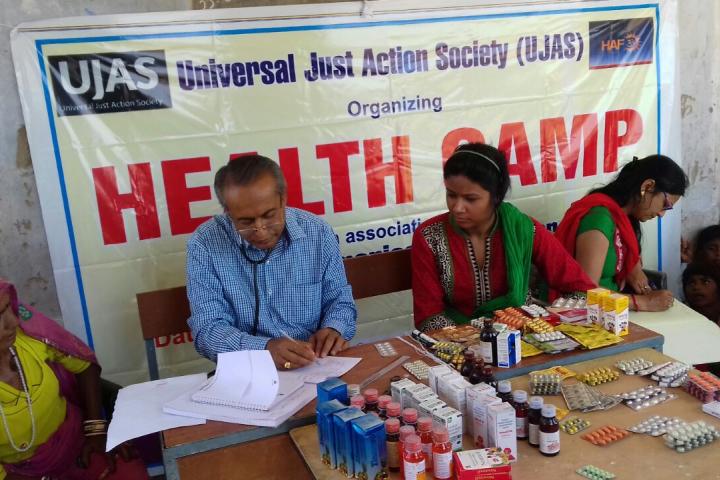
NEW DELHI (TIP): Exactly a month back when Pakistan Prime Minister Nawaz Sharif met US President Barack Obama in Washington, the first thing the American leader inquired about was the progress in the trial of the seven accused in the 26/11 Mumbai terror attacks case in a Pakistani anti-terror court. Even the Americans are concerned over the fact that Pakistan has done precious little to bring to justice the masterminds of the audacious serial attacks on India’s financial capital, which left at least 166 persons killed and nearly 300 injured.
Obama was only giving vent to his sense of frustration over the unending trial since there were four Americans among those killed. But the frustration is much more palpable in the corridors of power in New Delhi over the ‘sham trial’ as ties between India and Pakistan continue to plummet over justice being denied to the victims of the horrific attacks. As India observes the fifth anniversary of the Mumbai mayhem, Pakistan says New Delhi should not get fixated with Mumbai attacks while claiming that it was determined to take the Mumbai trial to its logical conclusion.
There is little evidence to suggest that Pakistan is sincere about pursuing the trial while making tall claims about its commitment to proceed in the case. Not once but on several occasions in the past five years, Islamabad has complained that India has not provided it with sufficient evidence to proceed against the guilty. But an analysis of the amount of evidence India has submitted to Islamabad raises suspicions about Pakistan’s true intentions. Last month, India turned over five key documents to Pakistan, completing the full list of documents asked for by the neighbouring country for the trial of the accused.
The Pakistan Judicial commission, which is probing h Mumbai attacks, was provided access to two key witnesses during its visit to Mumbai in September. The anti-terror court, which is conducting the trial of the seven accused presently in the custody of Pakistani authorities, has seen the change of judge on at least five occasions. Every time the court meets, it adjourns almost immediately without proceeding any further in the case.





Be the first to comment